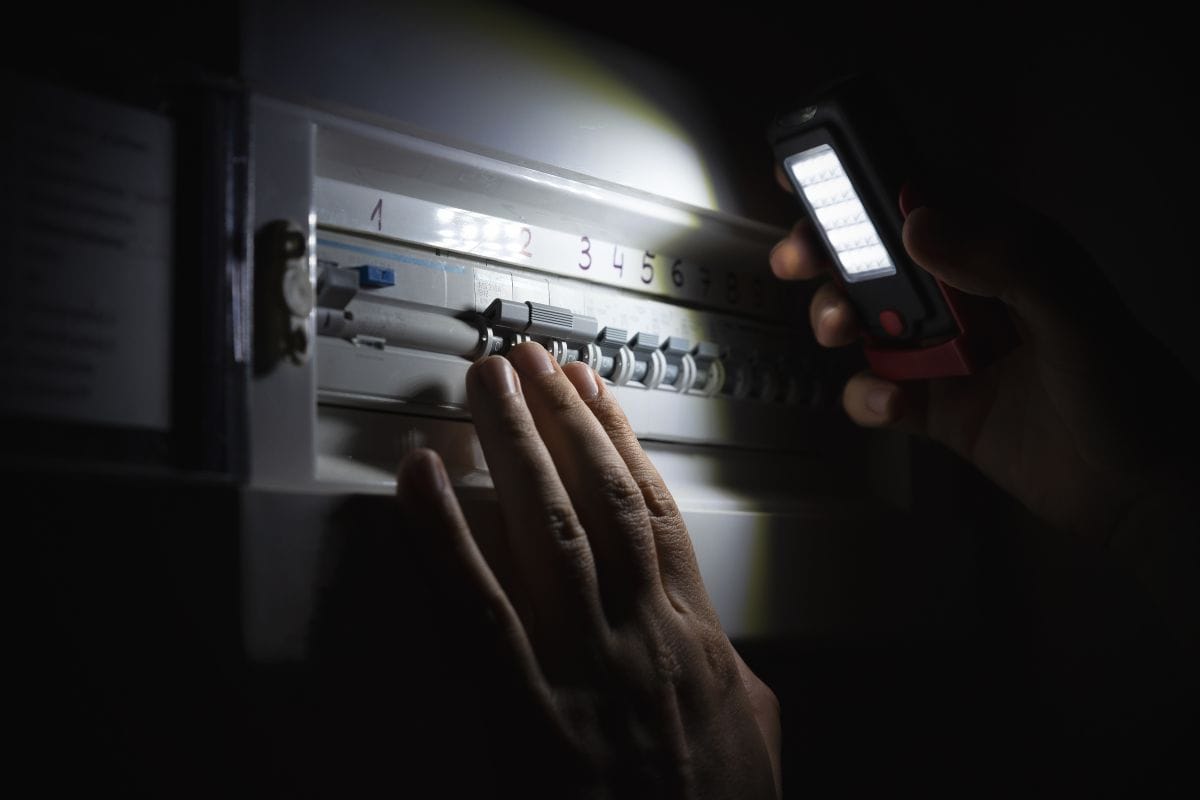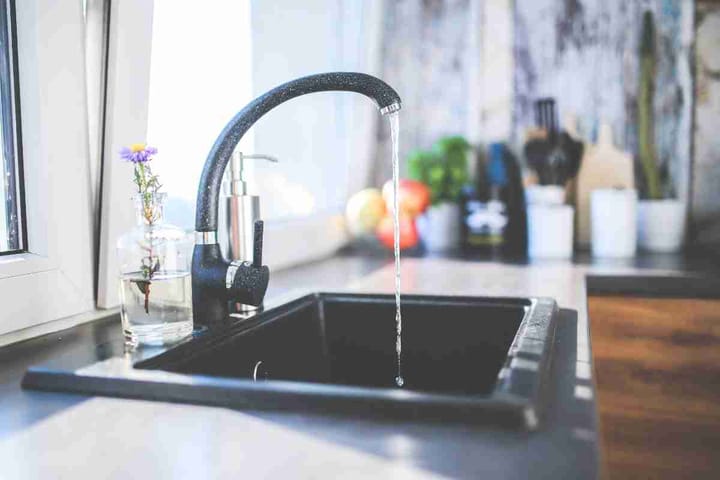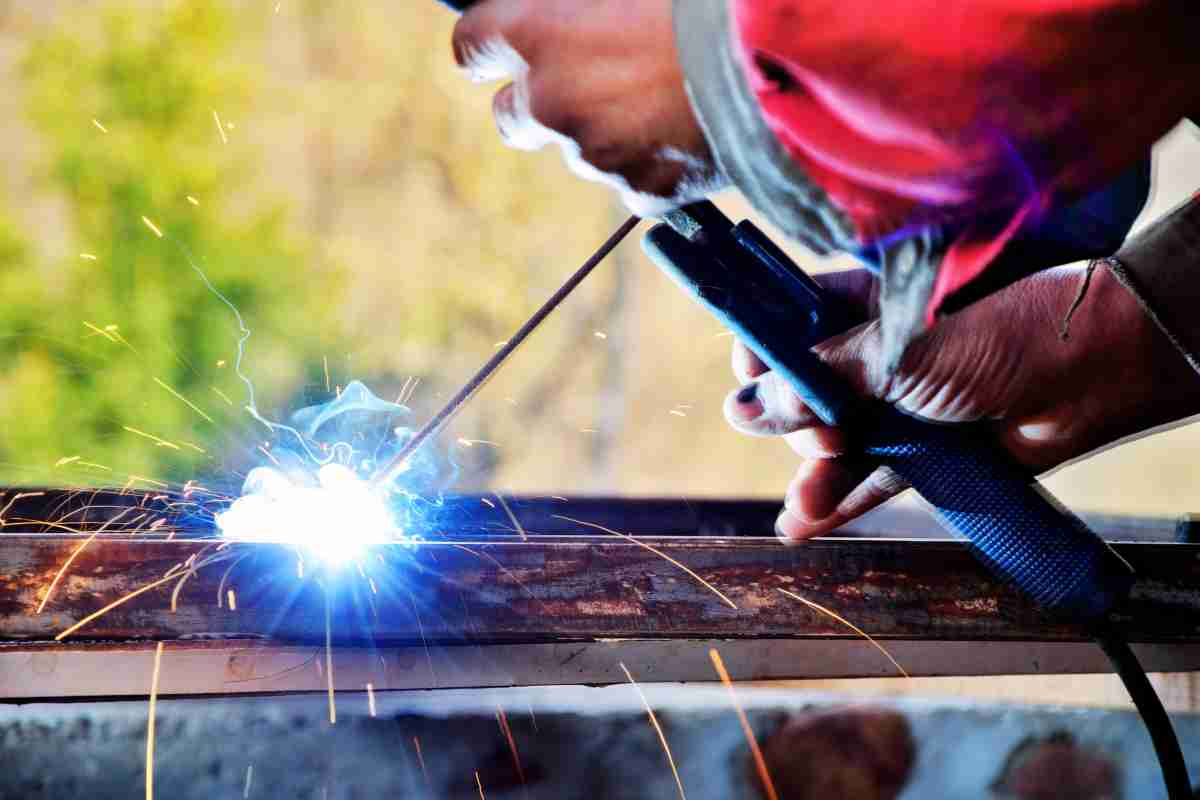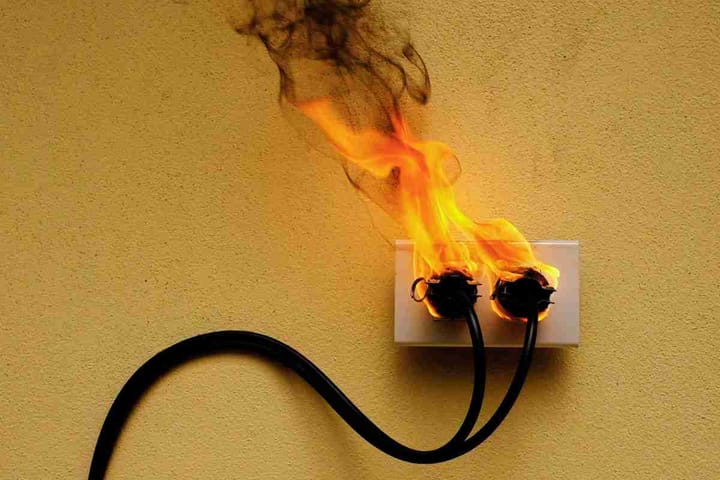Power Outages and Heating: Safely Navigating Emergency Heating Solutions
Learn how to keep your home warm and safe during cold-weather power outages with our guide on secure emergency heating methods.

When faced with power outages during colder months, maintaining a warm and comfortable home becomes a top priority. Navigating emergency heating solutions safely is essential to ensure the well-being of your household. This guide provides insights into practical strategies to stay warm and secure during power outages, focusing on safe emergency heating alternatives.
Safely Navigating Emergency Heating Solutions:
1. Portable Electric Heaters:
Safety Tips: Keep heaters at least three feet away from combustible materials, use only in well-ventilated areas, and avoid leaving them unattended.
2. Wood-burning stoves and Fireplaces:
Safety Tips: Ensure proper ventilation, use seasoned wood, and have a professional inspect and clean your chimney regularly.
3. Emergency Blankets and Sleeping Bags:
Safety Tips: Layer clothing and use emergency blankets or sleeping bags to retain body heat. Avoid excessive layering to prevent overheating.
4. Insulating Windows and Doors:
Safety Tips: Use draft stoppers, seal gaps, and insulate windows and doors to minimize heat loss. Ensure proper ventilation to prevent indoor air pollution.
5. Propane or Kerosene Heaters:
Safety Tips: Use these heaters in well-ventilated areas, keep them away from flammable materials, and follow the manufacturer's instructions meticulously.
6. Generator Use:
Safety Tips: Place generators outdoors to prevent carbon monoxide buildup. Never operate them in enclosed spaces, and follow all safety guidelines outlined in the manufacturer's manual.
7. Hot Water Bottles and Warm Clothing:
Safety Tips: Fill hot water bottles with warm (not boiling) water and place them in bed. Wear layered clothing to retain body heat.
8. Emergency Preparedness Kit:
Safety Tips: Include flashlights, batteries, non-perishable food, water, and a battery-powered or hand-crank radio in your kit. Familiarize your family with the kit's contents.
9. Carbon Monoxide Detectors:
Safety Tips: Install carbon monoxide detectors in key areas of your home. Test them regularly, and replace batteries as needed.
10. Community Resources:
Safety Tips: Identify local community centers, shelters, or resources that provide emergency heating assistance. Stay informed about available support during power outages.
11. Water Heater Replacement in Phoenix:
Considerations: If your water heater is aging or showing signs of malfunction, consider planning for a replacement. Consult with professionals in Phoenix for efficient and energy-saving water heater replacement in Phoenix options.
12. Solar Water Heaters:
Considerations: Explore solar water heaters as an eco-friendly and energy-efficient option in Phoenix's sunny climate. They can provide a reliable source of hot water, even during power outages.
Conclusion:
Power outages can pose challenges, particularly during colder seasons, but with a thoughtful approach and adherence to safety guidelines, you can navigate emergency heating solutions securely. Prioritize the safety of your household by implementing these strategies and staying informed about available resources in your community.
In case of extended power outages or if you encounter difficulties, consider reaching out to professionals for assistance. For comprehensive electrical services and emergency support, explore resources like 24 Hr Electricians. Stay prepared, stay safe, and ensure your family's comfort even in challenging circumstances.




Comments ()